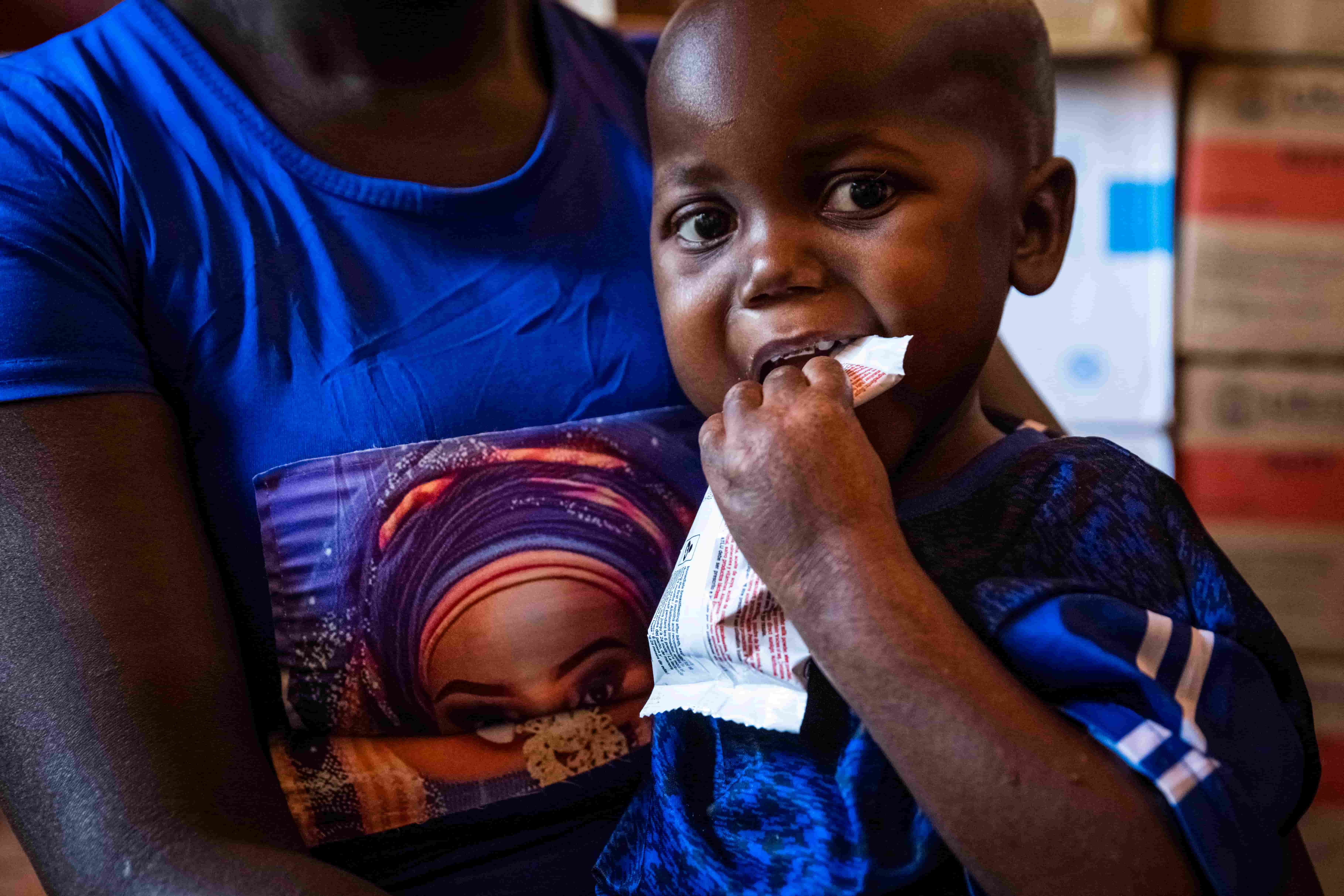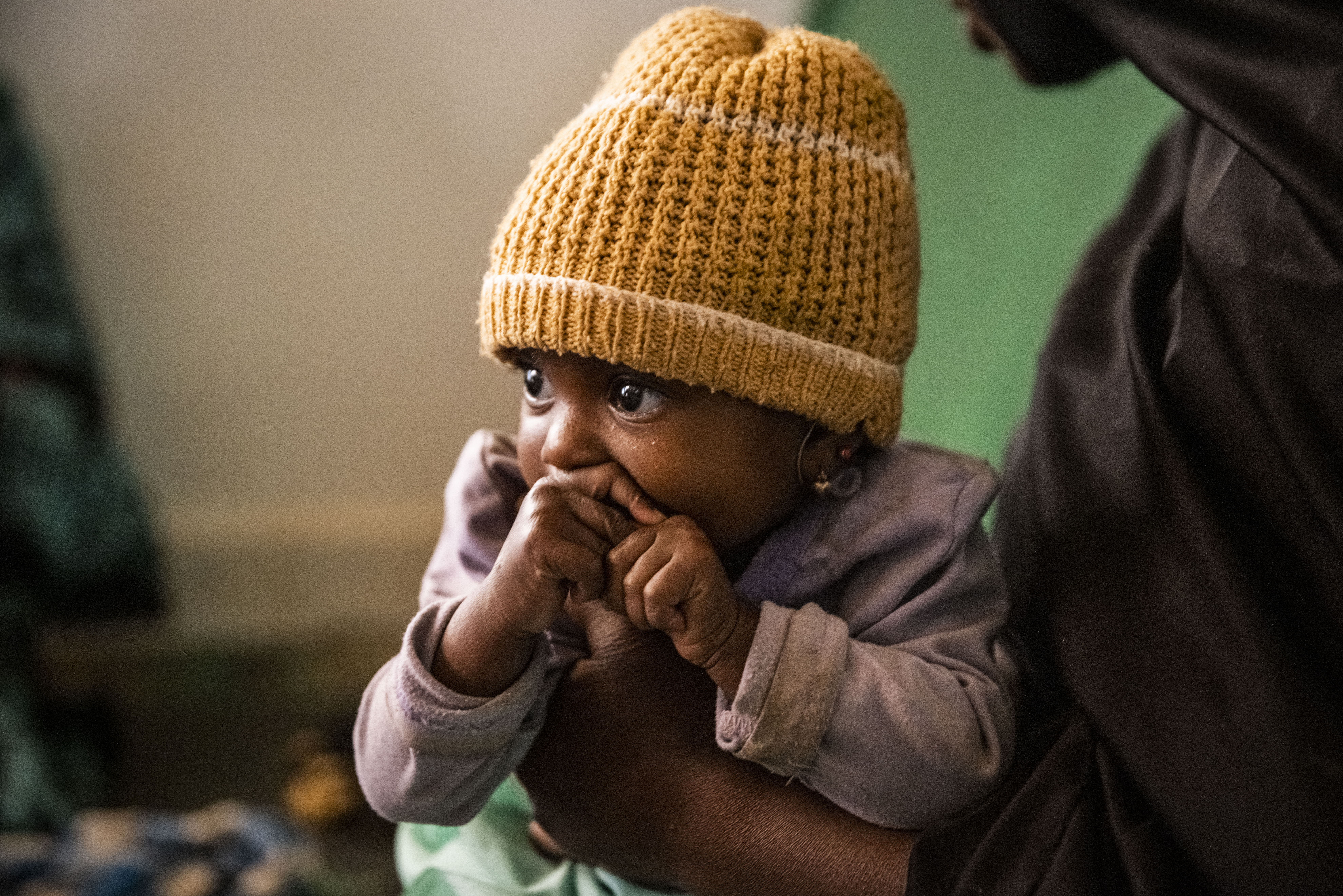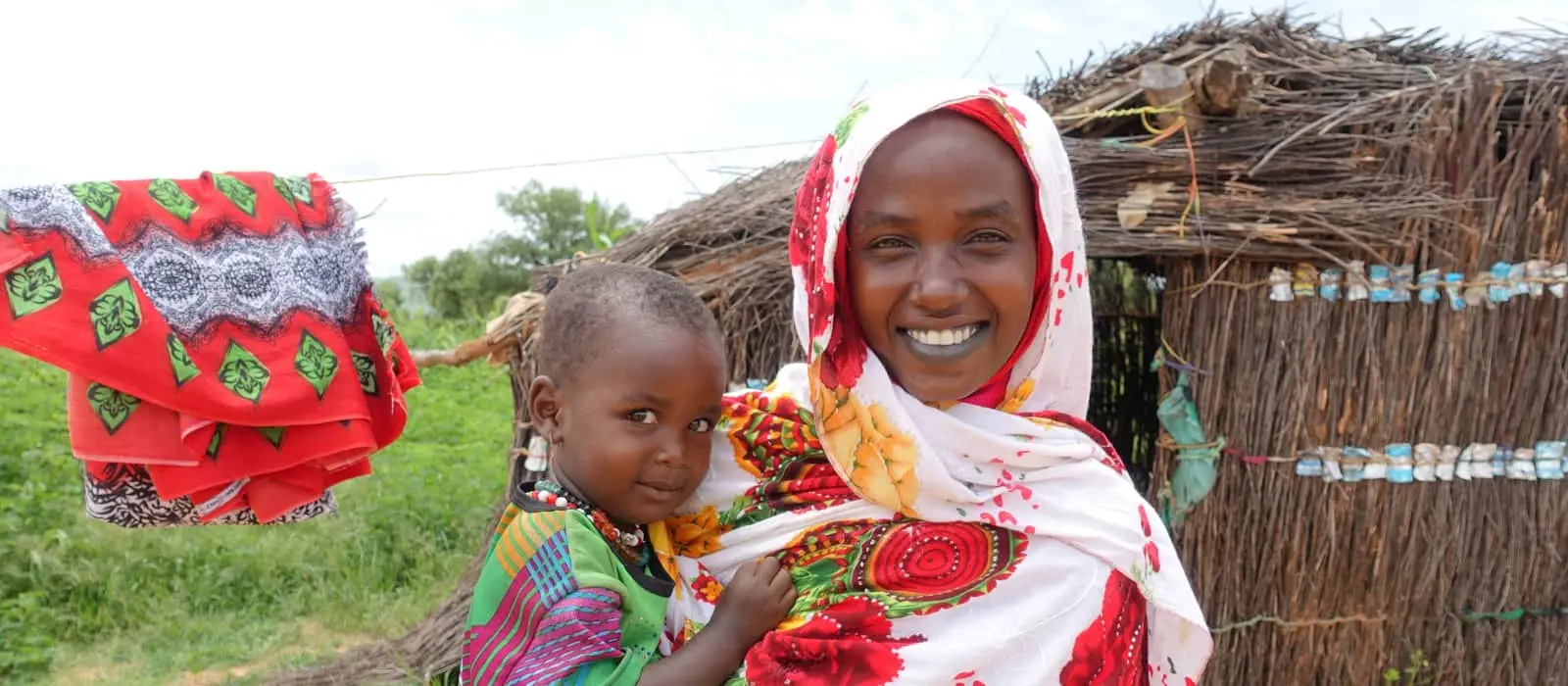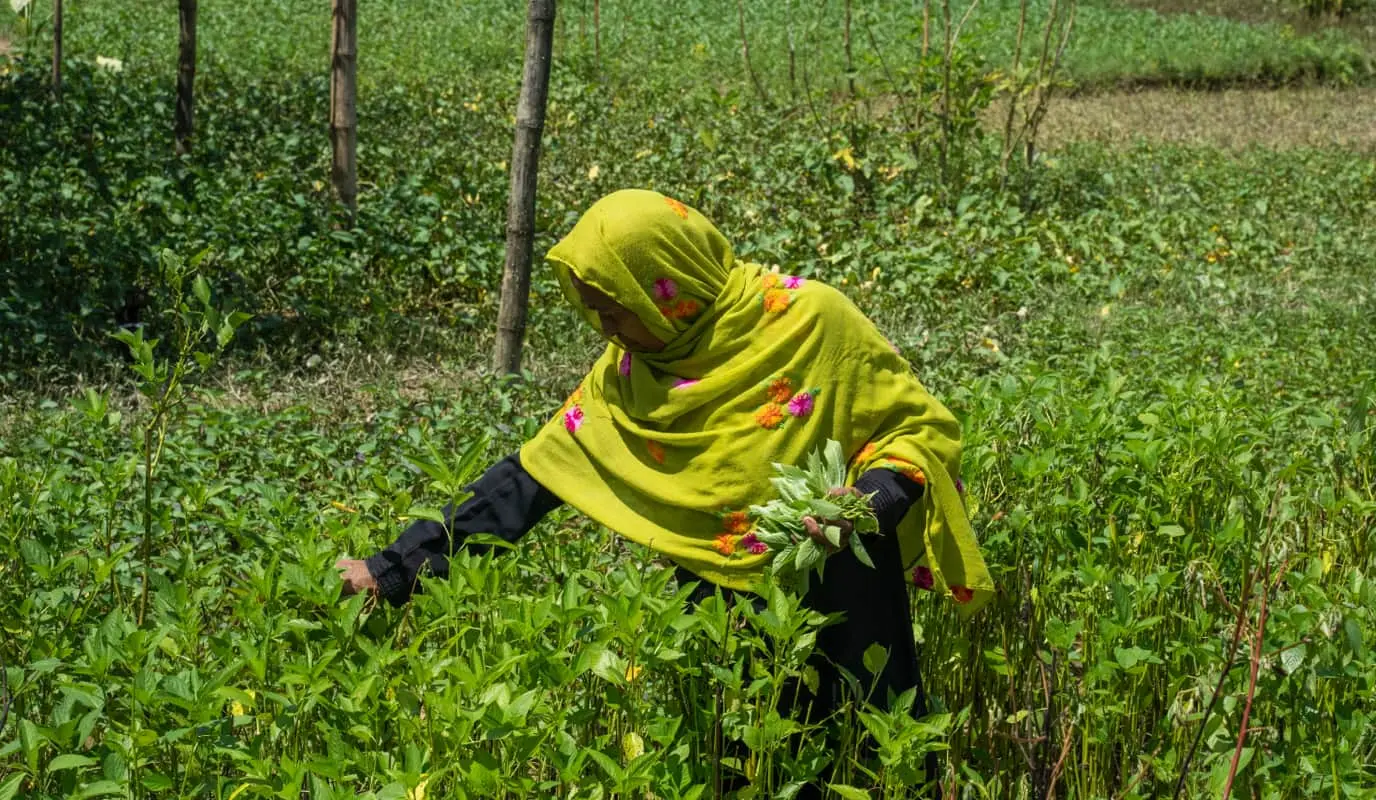News
The First 1000 Days are a critical window for a child’s physical, cognitive and social development that is often threatened by the consequences of malnutrition.
What are the first 1,000 days?
The First 1,000 Days refers to a period of time from pregnancy through to when a child turns 2 years old. During this time, a child’s brain’s capacity and structure are shaped at an exponential rate; 80% of the brain develops within the First 1000 Days. Within this period, a child’s auditory and visual sensory systems, learning abilities, memory functions, and information processing systems are formed.
Timing plays a critical role as the brain develops by a scaffolding process - meaning systems build and rely upon each other. Impaired or slow growth can often disrupt the developmental sequence and have life-altering consequences. This rapid growth makes a child’s brain highly plastic and susceptible to positive and negative changes. The First 1000 Days is a particularly sensitive time. Without proper care and needs, particularly nutritional needs, a child’s brain can suffer from irreversible and life-long effects.
How nutrition influences the first 1,000 days
Poverty and malnutrition can often result in large ramifications for early brain development. Good nutrition for both the mother and child is necessary for optimal brain development. This includes receiving the proper daily caloric intake and critical micro and macro nutrients. Calories are essential fuel for the growing organ, while key nutrients such as protein, iron, and various vitamins, support particular neurodevelopment processes within the brain. This requires access to sufficient, safe, nutritious, and quality foods. Without access to these resources, malnutrition, or poor nutrition, occurs. Malnutrition is a result of a deficiency in food or a lack of a proper diet. The body becomes depleted of energy and crucial nutrients it needs to function. As a result, deficits and gaps in brain development occur.
At a time when a child’s basic neural systems and functions are not fully developed, nutrient deficiencies can result in both immediate and long-term consequences for a child.
Immediate effects of malnutrition on early brain development include…
- Impaired cognitive and motor functions
- Poor growth, including stunting and wasting
- Weakened immune system, leaving those affected more susceptible to disease
- Financial and physical burden of ongoing medical and health issues
Long-term effects of malnutrition on early brain development include…
- Loss of academic and/or financial opportunities
- Inability to break the cycle of poverty
- Intergenerational impact (passing on to children)
- Deepened inequality
- Complicates later development related to education, gender equality, and poverty
Ultimately, malnutrition does not only have harmful health effects, but also increases challenges in a child’s life. Concern Worldwide recognizes these challenges and acts on them each day across 25 countries to reach the world’s most vulnerable communities with lifesaving health and nutrition programs.

How does Concern address maternal and child health and nutrition?
Last year, 828 million people went hungry, and 670 million are still expected to go hungry by 2030 – a large majority of whom are mothers and young children. Within the year, Concern reached 8.3 million people through their health and nutrition programs in various countries.
For 55 years, Concern has offered standard-setting programs which provide health and nutritional support while strengthening local capacities to respond.
Main programs and approaches include:
- Community-Based Management of Acute Malnutrition (CMAM)
- Enhanced Responses to Nutrition Emergencies
- Severe Acute Malnutrition (SAM) Management
Since its inception in 2020, Concern’s Enhanced Responses to Nutrition Emergencies program reached over one million people with lifesaving nutrition services, and over 82,500 children were treated in this program using the Community-Based Management of Acute Malnutrition approach. CMAM is the leading nutritional approach used in Concern’s programming.
All programs work to respond to malnutrition by various means, including screenings, nutritional supplements, food assistance programming, supporting local health facilities and voucher systems. While providing essential health and nutritional support, Concern partners with communities to strengthen local health systems and address systemic inequalities.
Understanding the impact of the First 1000 Days, Concern intentionally tailors these programs to support maternal and child nutrition by:
- Emphasizing connecting with new mothers and children in communities when implementing programming due to increased vulnerability/risk.
- Complementing nutrition and food assistance services with new-mother community-based education to teach best nutritional practices, particularly surrounding breastfeeding.
- Increasing resources and autonomy for mothers by providing vouchers and food assistance.
- Providing timely and quality counseling and learning group services to new mothers and caregivers
- Encouraging and implementing integrated programming alongside nutrition (including smart agriculture, livelihoods, education, and gender equality)

Concern recognizes the impact early health and nutrition can have on children and ultimately their livelihoods. The First 1000 Days is a crucial time for a child's growth and development. Addressing malnutrition particularly amongst mothers and young children is an important priority of Concern and remains a pillar of health and nutrition programming. Nutrition also remains central to Concern’s mission of ending extreme poverty where Zero Poverty is only achievable if we also reach Zero Hunger.
Turn your concern into action today by supporting Concern’s lifesaving health and nutrition programs in 25 countries around the globe.



